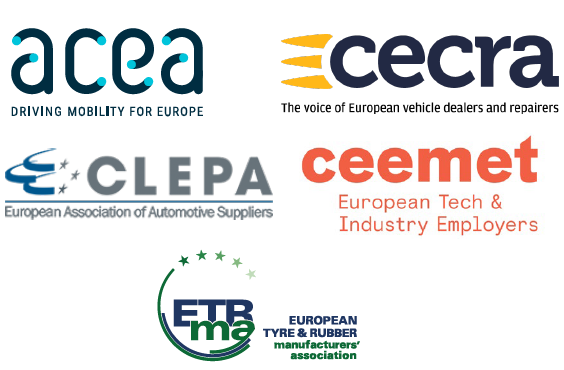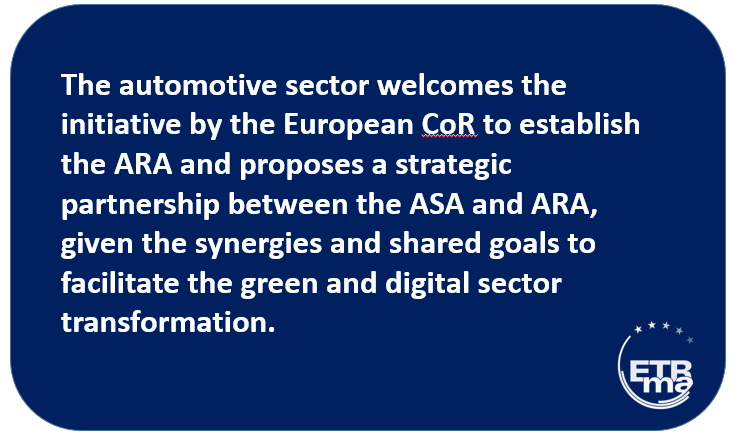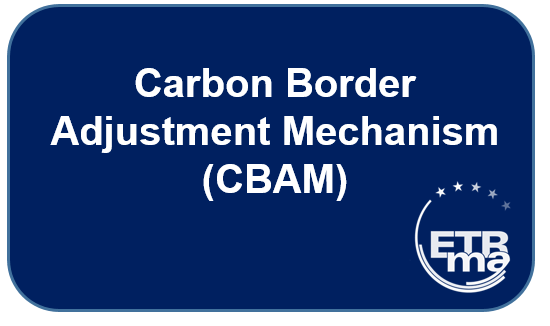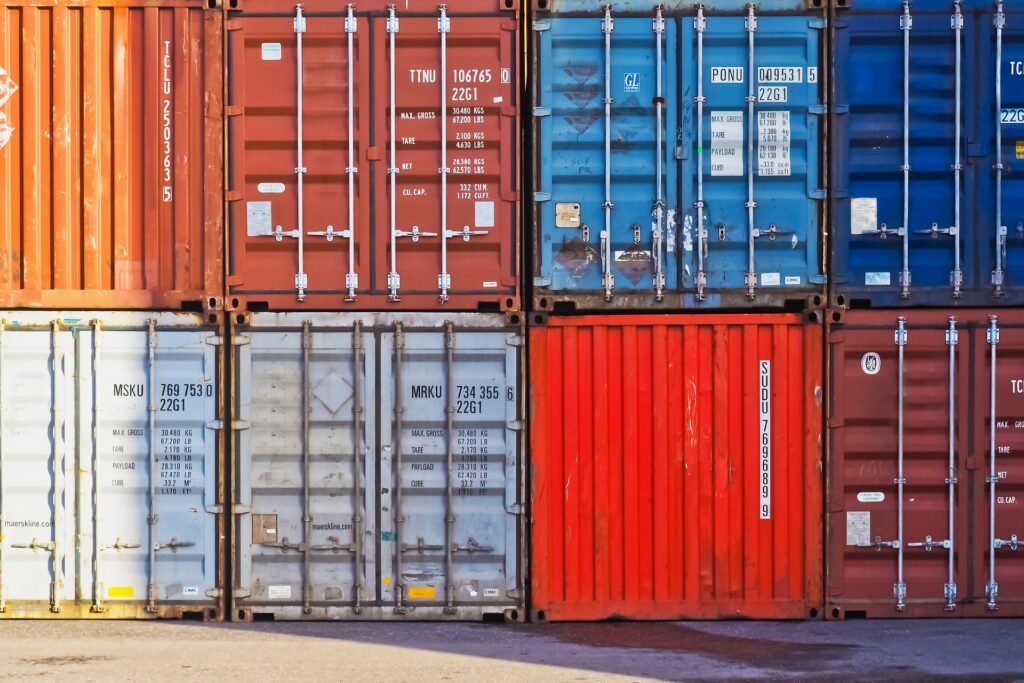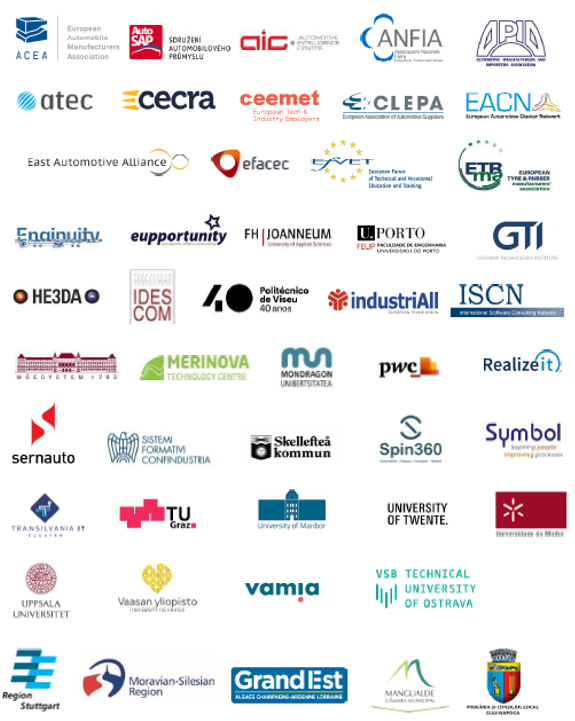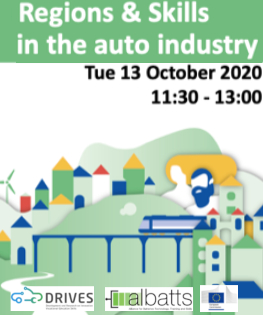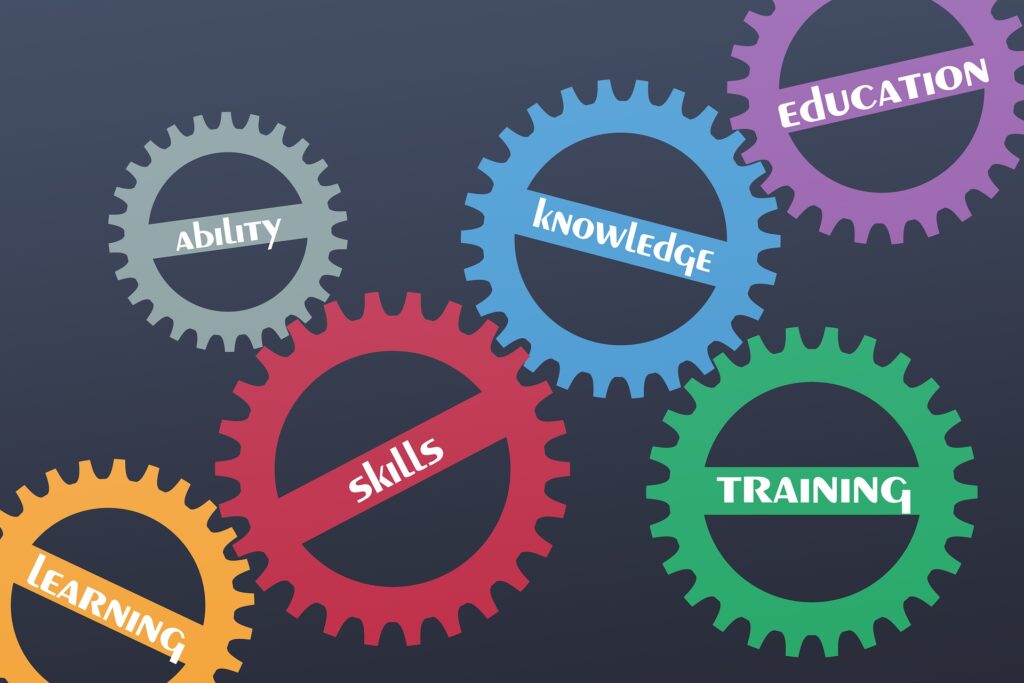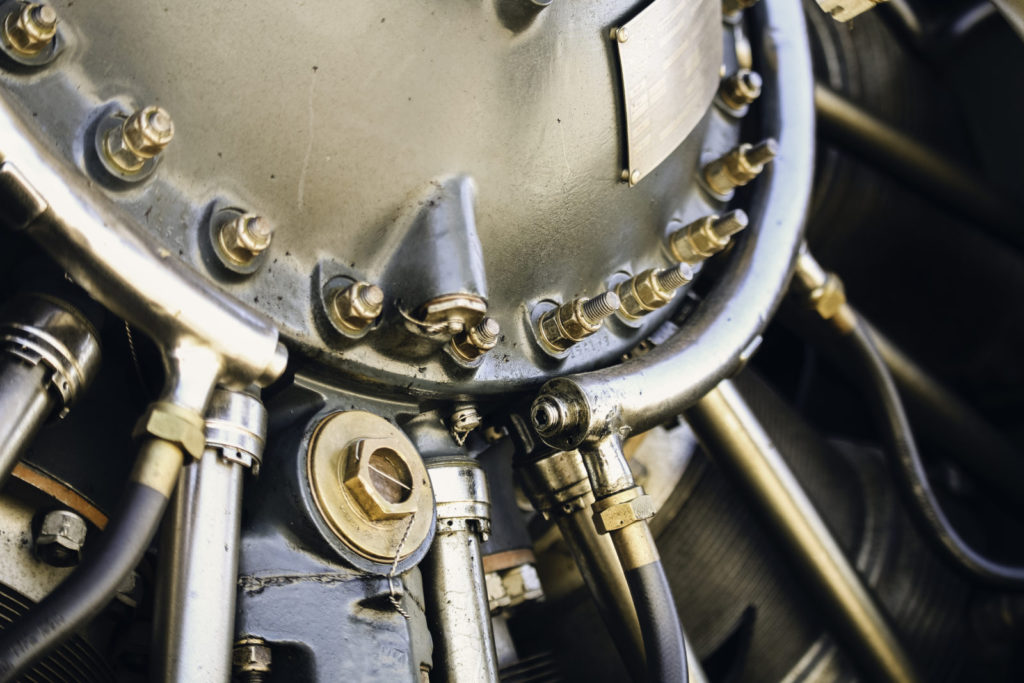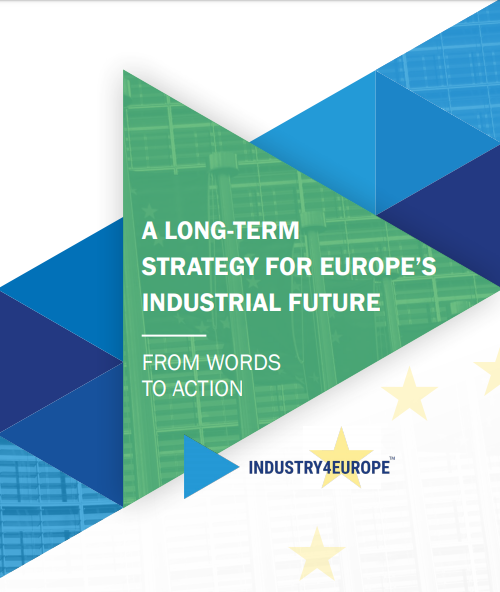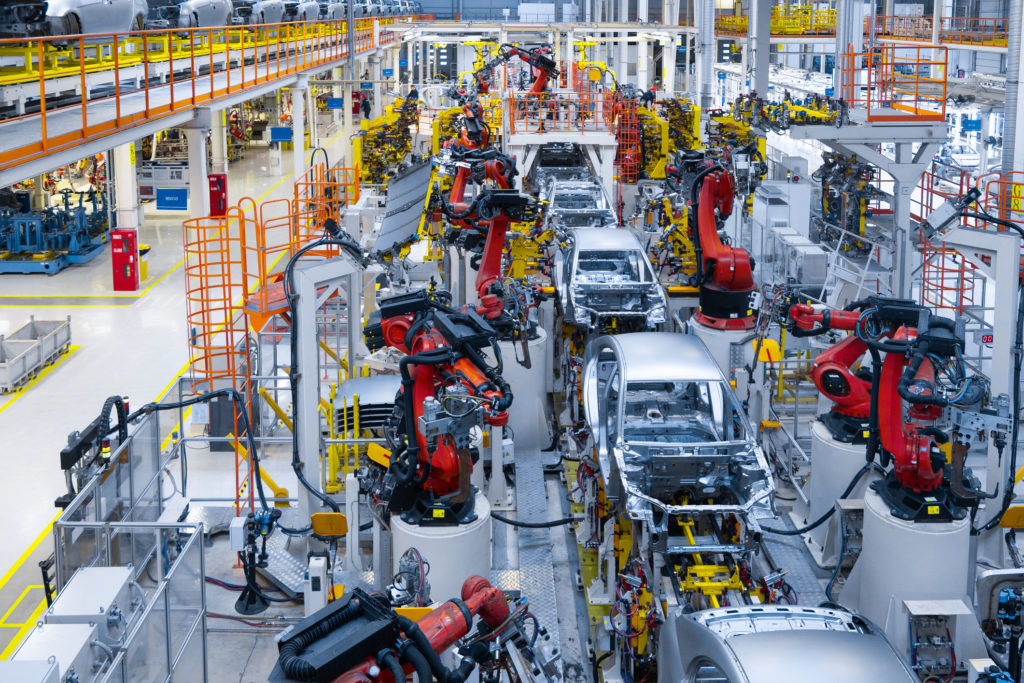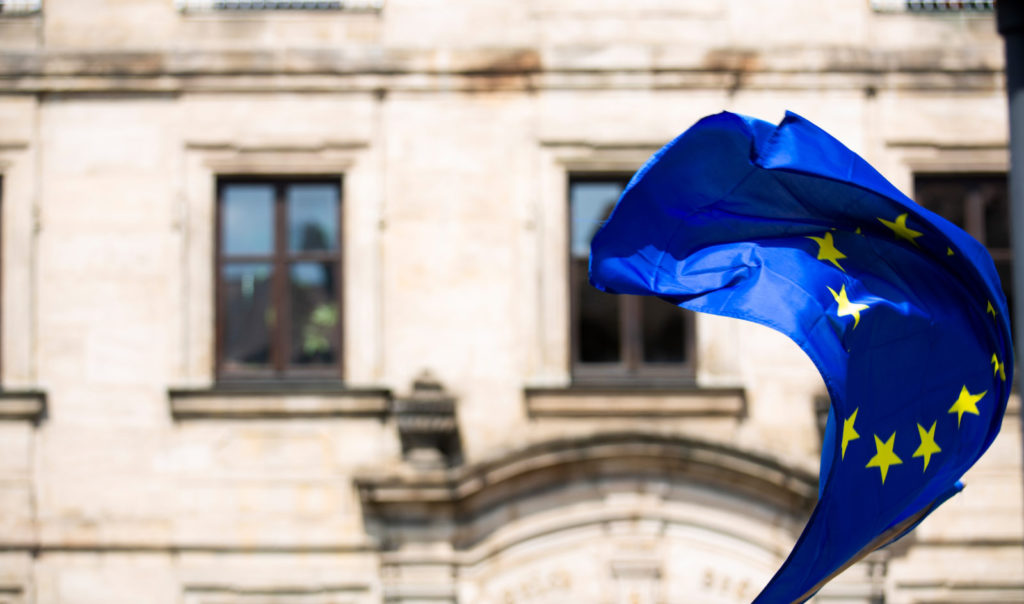Industry Competitiveness
Supporting Industry and Research
ETRMA is one of the signatories to the Antwerp Declaration for a European Industrial Deal that can drive the region’s competitiveness and resilience.
ETRMA joined over 1000 organisations across 25 sectors asking Member State Governments, the next European Commission and Parliament to put industry and industrial policy at the core of the new European Strategic Agenda for 2024-2029 and, among others, increase the EU’s raw materials security and make Europe a globally competitive provider of energy.
To be competitive in the long term, the EU also needs to do more to attract and retain private Research, Development, and Innovation (RD&I) investments in Europe.
Together with other organisations, ETRMA also called on the European Union (EU) Institutions to allocate more resources to the next European Framework Programme for Research and Innovation (FP10).
FP10 must focus on pan-European collaborative RD&I with strong industrial participation to further support EU competitiveness, assert its leadership in key technological domains, and pave the way for a prosperous and sustainable future.
SKILLS essential to the competitiveness of the tyre and rubber industry
To preserve and develop its manufacturing base and employment in the EU in the long term, innovation and quick adaptation to change are essential to the industry.
ETRMA is a member of the Advisory Board of the Automotive Skills Alliance (ASA), which focuses identifying the skills needed for the automotive sector of the future. ASA fosters multi-stakeholder collaboration through strategic projects to drive the transformation of the European economy towards a green and digital model.
TRIREME – Digital & Green Skills Towards Future of the Mobility Ecosystem
Following previous work done by DRIVES, TRIREME is a blueprint project that endeavours to foster sectoral collaboration, including the automotive value chain, IT sector, energy carriers, and services related to logistics and connected vehicles.
It will evaluate and address the gap between industry needs and available training and develop and update curricula and training programmes that respond to the sector’s advancements.
The focus will be on:
- Digitalisation (digital services and connectivity, digital twins and simulation, VR and AR, autonomous driving, cybersecurity, Industry 4.0);
- Sustainability, and circular economy (electromobility, circular economy, alternative fuels and propulsion),
- Resilience of value chains (logistics, resilience of materials and software, repair and maintenance, production, design and development, quality and testing),
- New business models (Mobility as a service, Tires as a service, Maintenance as a service, Customer preferences and services).
CHEMSKILLS
This Erasmus+ project focuses on the transformation of the chemical industry.
ETRMA is a leading member of the Working Package (WP) 8 on Rubber, which will look at the specific skills needs and challenges within the rubber chemicals sector. In particular it will aim at developing skills related to:
- The use of renewable resources, such as bio-based lignin as filler for rubber, sugar-cane EPDM as bio-polymer, guayule or Russian dandelion based bio-natural rubber, soybean‑, sunflower or coconut oil as bio-plasticizer for rubber;
- The development and production of tires with longer service life, lower rolling resistance, and increased safety, as well as skills related to rubber recycling, including devulcanization, and the role of digitalisation in the chemical rubber sector;
- The use of recycled raw materials such as carbon black obtained by pyrolysis, etc – this is important in the context of the continued Russia-Ukraine crisis, given that Russia is one of the main suppliers of carbon black for the European Union.
WP8 will gather information on current and emerging offerings of educational and professional offer to provide a clear strategy for the re-skilling, and up-skilling of the rubber chemicals subsector. Learn more.

